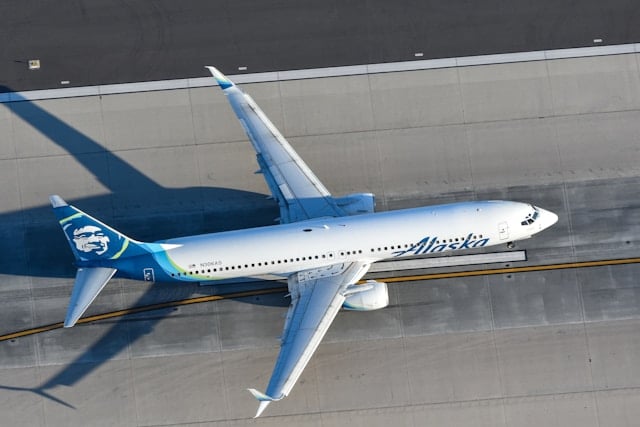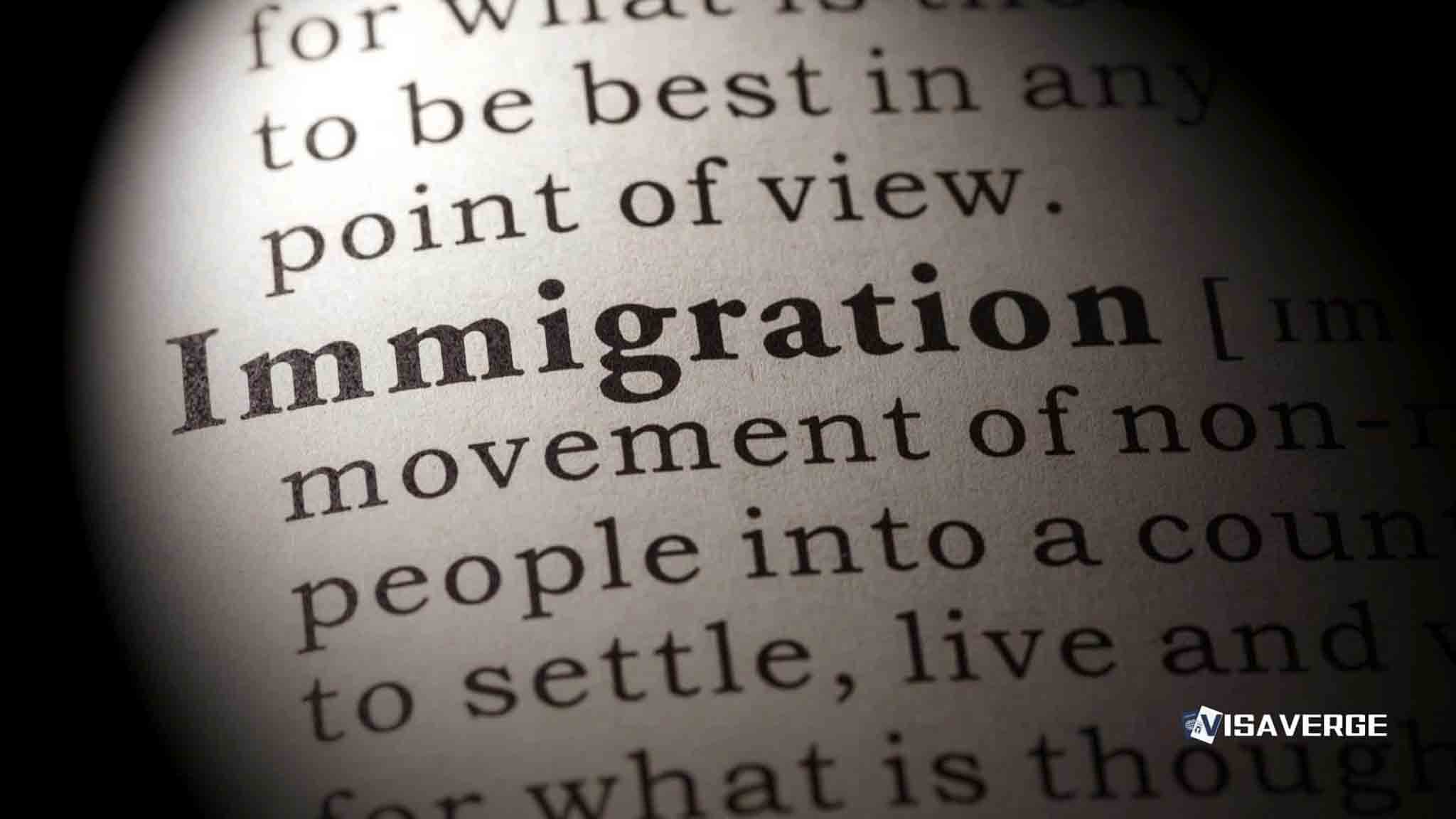(ONTARIO, CANADA) A migrant-rights group is urging Ottawa to grant temporary work permits and EI access to Jamaican farm workers affected by Hurricane Melissa, saying many are returning to homes that no longer exist after completing their spring and summer contracts in Canada. The call comes as seventeen Jamaican temporary foreign workers remained stranded in Meaford, Ontario, after their flights were cancelled ahead of the storm.
Melissa made landfall in Jamaica on October 28, 2025 as a Category 5 hurricane, cutting off travel and leaving the workers in limbo just as their seasonal jobs had ended and their plans to return home fell apart.

Damage and local impact in Jamaica
The Jamaican Liaison Service, based in Mississauga and supporting agricultural workers, said the scale of the disaster is hard to capture. The office described the damage as “profound, with reports indicating catastrophic flooding, numerous landslides and massive infrastructural damage.”
- The agricultural sector has suffered extensive losses that threaten the island’s long-term food security and economic stability.
- Many families in affected communities face emergency conditions, with roads washed out and farmland ruined.
For workers who had just finished their contracts in Canada, the timing could not be worse: paycheques have stopped, travel is disrupted, and families back home face urgent needs.
What advocates are asking from Ottawa
Advocacy groups are urging the federal government to act quickly on two fronts:
- Issue short-term work permits so stranded workers can accept interim jobs while they wait to return home.
- Open EI access so those who completed their contracts but cannot return to habitable homes can receive income support.
They argue this would be a targeted, humane response to a once-in-a-generation storm and would reduce pressure on local shelters and churches that have stepped in to house workers who suddenly have nowhere to stay after their employment ended with the harvest.
“Workers who finished their terms and were set to return should be treated as eligible because they cannot safely re-enter their home communities,” advocates say.
Federal humanitarian aid versus domestic relief requests
Ottawa has announced humanitarian aid for the Caribbean, but advocates stress that the request for EI access and permit flexibility is separate from relief abroad.
- On October 30, 2025, the Honourable Randeep Sarai, Secretary of State (International Development), unveiled $7 million in humanitarian funding for Caribbean states hit by Hurricane Melissa.
- $5 million: went to humanitarian partners for life-saving support (emergency food, water, sanitation, health services).
- $2 million: directed to the World Food Programme’s Caribbean Regional Logistics Hub to move food and relief into Jamaica.
Those measures address on-the-ground needs in the Caribbean. The push for Canadian benefits focuses on workers physically present in Canada whose lives were upended as the storm landed.
Situation in Meaford and broader program challenges
The workers in Meaford had completed their contracts when their flights were cancelled in anticipation of the hurricane. They are among thousands of temporary foreign workers who arrive each year to plant, tend, and harvest crops across Ontario.
- When a storm like Melissa strikes, the seasonal program’s rhythm clashes with an emergency timeline:
- Employment ends as planned.
- Travel stops.
- Families at home may be displaced.
- Without permission to work or access to income support, stranded workers risk homelessness or indebtedness while waiting for new flights and news from home.
Advocacy groups argue this gap is where federal flexibility matters most.
The debate over EI access
The request for EI access is the most sensitive part of the discussion.
- Advocates: Workers who completed contracts and cannot return due to the disaster should be eligible because the inability to return is not their choice or the employer’s decision but a natural disaster.
- Government: Officials have not announced any change to benefit rules. The push remains an advocacy effort rather than a confirmed policy shift, even as humanitarian support to the region moves ahead.
For now, there is no official indication of when, or if, a decision will be made.
Community response in Canada
In Mississauga, the Jamaican Liaison Service continues to assess damage reports from island officials and families. Their descriptions of “catastrophic flooding” and “massive infrastructural damage” match images showing washed-out roads and ruined farmland.
- Community groups and farm employers have offered temporary help.
- Advocates say federal action would provide clearer, consistent support across locations.
Possible federal measures and limits proposed by advocates
Advocates propose measures designed to be narrowly targeted:
- Short-term permits would allow stranded workers to accept interim jobs, keeping them housed and paid while they await travel options.
- EI access would provide income support for those whose contracts ended but whose return is blocked by Hurricane Melissa.
They emphasize these steps could be limited to affected workers and a defined time window, preventing broader changes to the seasonal program while addressing immediate needs.
Where things stand and key questions
Officials have not indicated when a decision might be reached. The advocacy group pressing for EI access is urging a response that matches the urgency of a disaster striking during the narrow period when many agricultural contracts wrap up.
According to analysis by VisaVerge.com, such moments reveal how emergency events test the edges of migration and benefits systems. In Meaford, these edges are visible: the stranded workers’ status shifted from employed to uncertain in days, with the storm’s landfall bisecting their planned departure.
Canadians who want to learn more about employment insurance can consult the official Government of Canada Employment Insurance page: https://www.canada.ca/en/services/benefits/ei.html
Advocates emphasize their request is tightly focused: it concerns a defined group of Jamaican temporary foreign workers who completed seasonal commitments in Ontario and were caught by Hurricane Melissa’s disruption. It does not seek a permanent change to benefit rules for all foreign workers.
Human impact — the number behind the headlines
In Meaford, the number seventeen has become shorthand for the human side of this story. Each worker had a ticket and a plan; each is now waiting for word on travel and support.
- For the workers, every day without news means:
- another day away from family,
- another day of costs in Canada,
- another day marked by a disaster they could not avoid.
The central questions remain simple and pressing: Will the federal government allow short-term work permits and EI access for those stuck between seasons and a storm? And how soon can a decision be made for people who have already been told to wait?
This Article in a Nutshell
Migrant-rights groups urge the Canadian government to grant short-term work permits and EI access for Jamaican seasonal farm workers stranded in Ontario after Hurricane Melissa made landfall on October 28, 2025. Seventeen workers in Meaford had flights cancelled and face loss of pay while homes in Jamaica suffered catastrophic flooding and infrastructure damage. Ottawa announced $7 million in humanitarian aid for the Caribbean, but officials have not indicated changes to benefits or permit rules. Advocates want narrowly targeted measures to provide income and housing stability until repatriation is possible.













